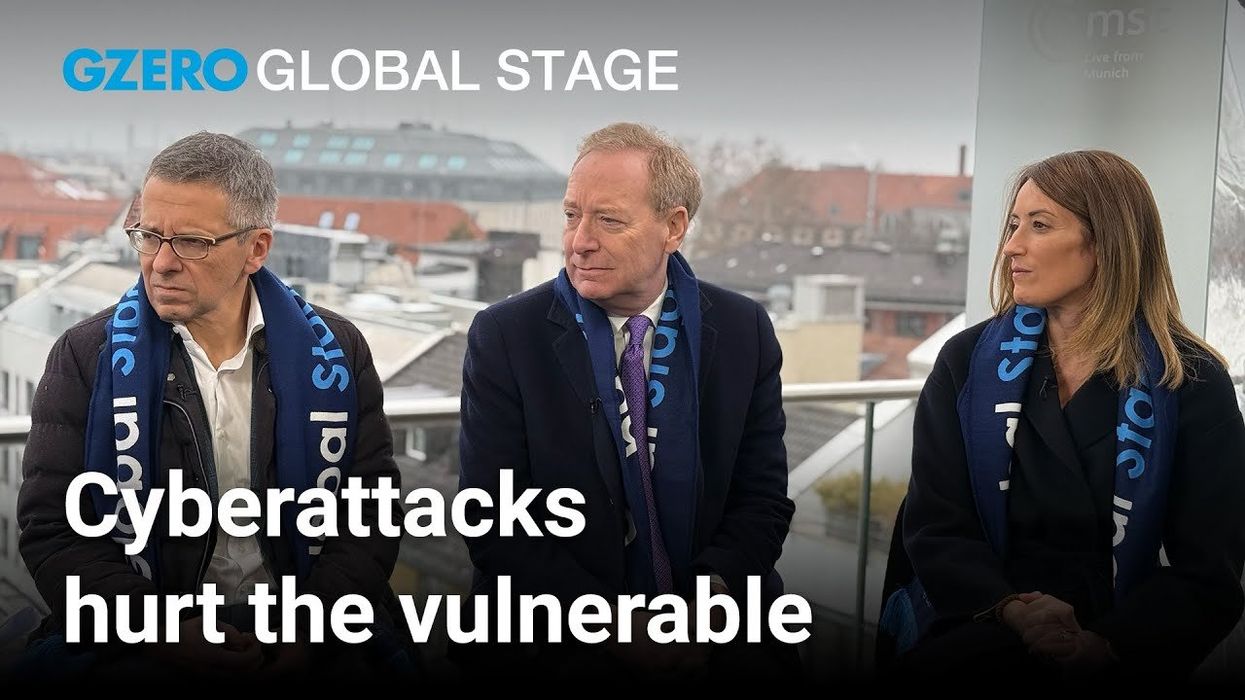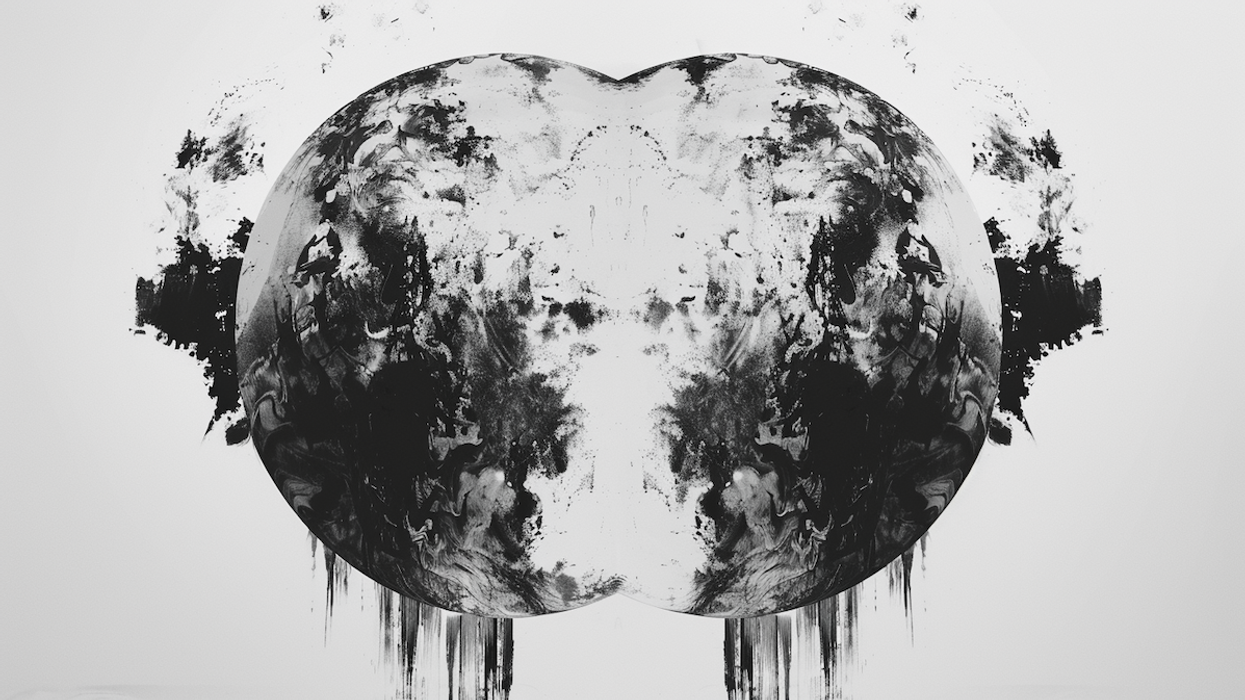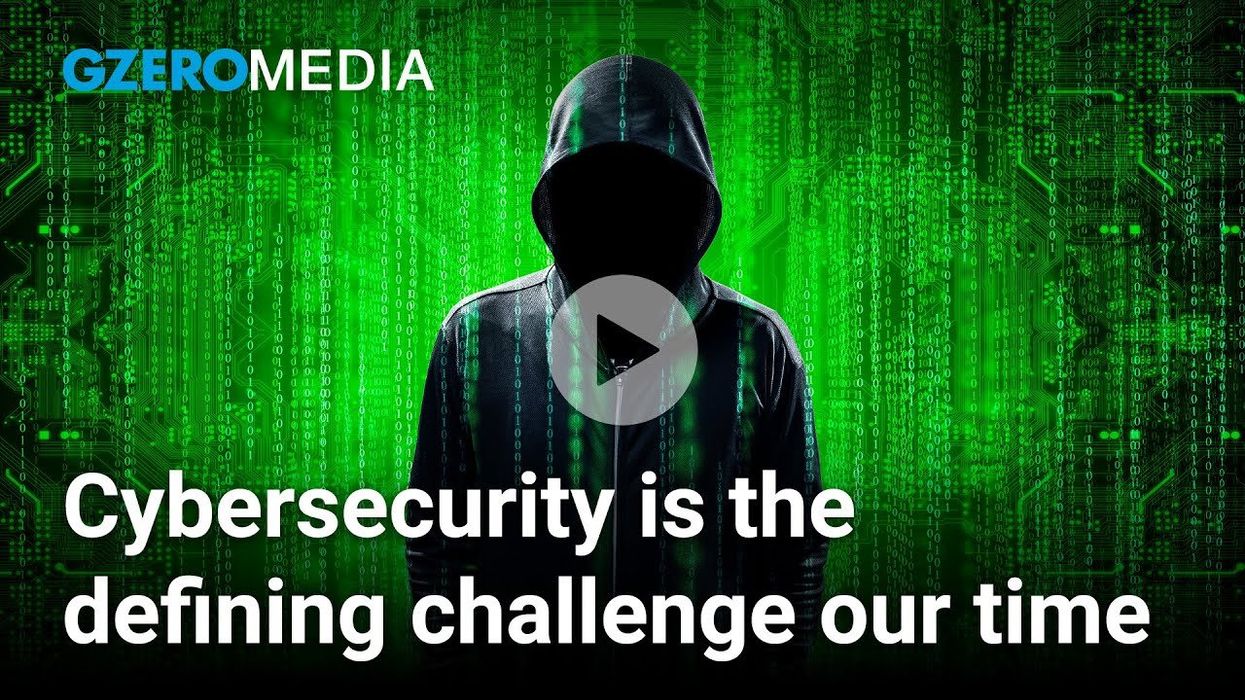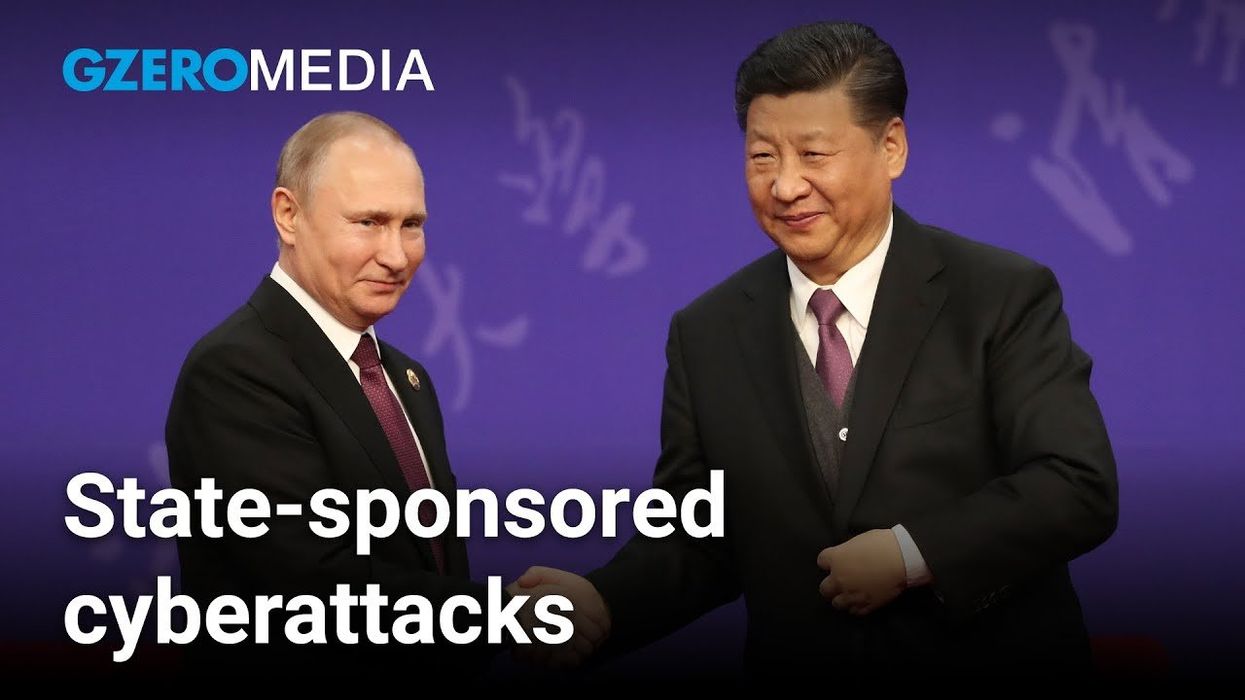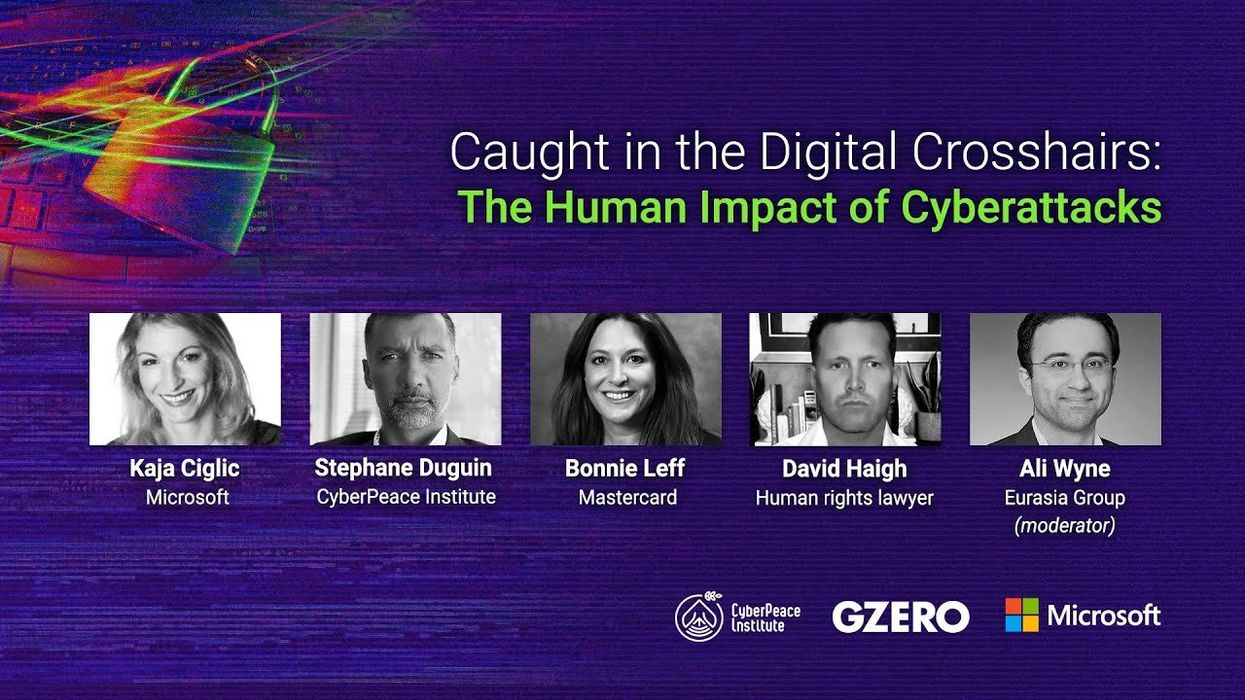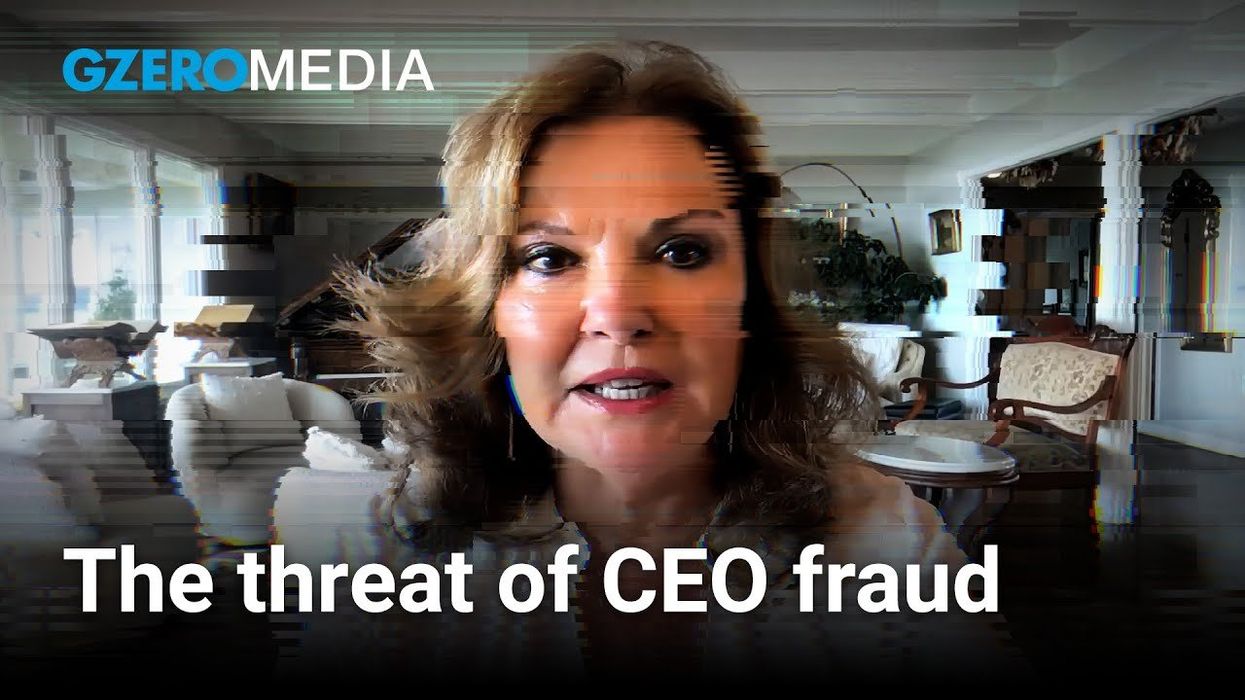Munich Security Conference
The growing cyber threat: Ransomware, China, and state-sponsored attacks
"Ransomware attacks surged 252% last year—hospitals, schools, and local governments are paying the price," said Brad Smith, Microsoft vice chair and president, during a Global Stage discussion at the 2025 Munich Security Conference.
Feb 18, 2025
